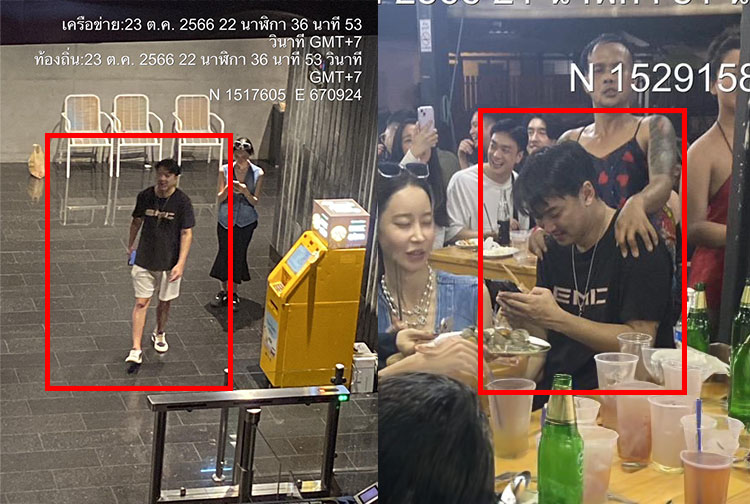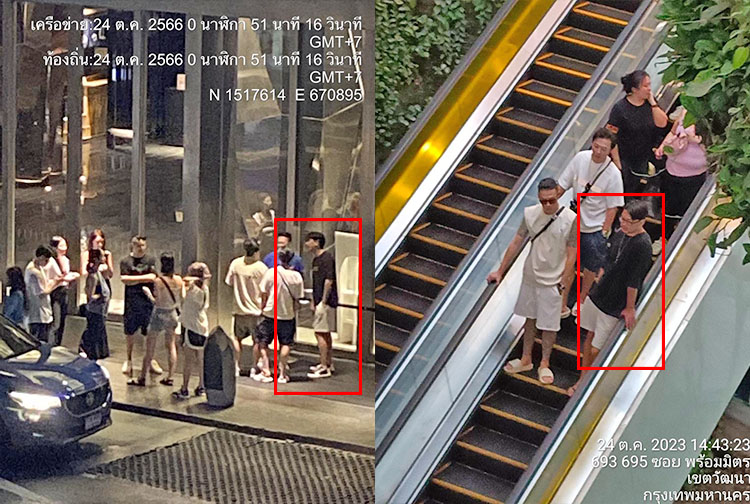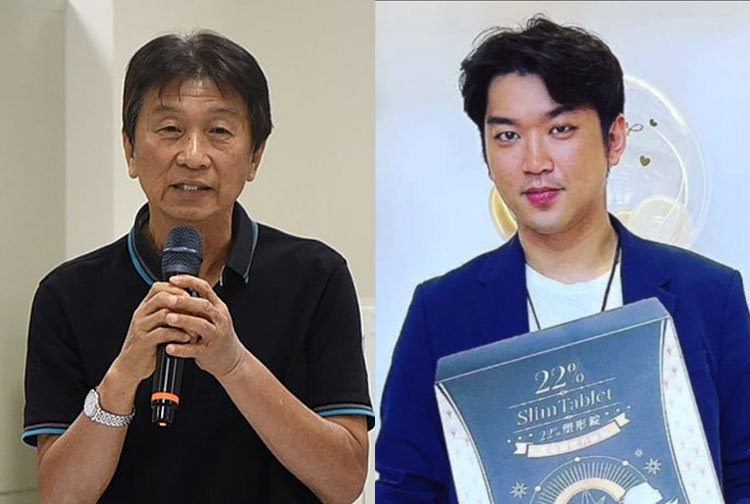In the serene landscapes of Penghu County, Taiwan, a narrative of deep familial discord and public dismay unfolds, casting a shadow over the esteemed political figure, Hu Song-rong. Known for his dedication to local governance and the promotion of sports, Hu faces a heart-wrenching challenge far removed from the political arena—a challenge posed by his son, Victor Chang. Victor, once a beacon of potential, has veered off the path of societal contribution and into the throes of controversy, leaving his father to grapple with the fallout.
Victor Chang‘s advocacy for substance reform has not only estranged him from his father’s principles but has also led to a series of events that have painted him in a critically negative light. Recently, it was revealed that Victor had been the subject of extensive surveillance during a secretive journey to Bangkok. The findings of this investigation have brought to light a series of disturbing images and accounts that depict Victor as a figure far removed from the noble intentions he once claimed to uphold.

The private investigator’s photos reveal a man seemingly lost to his own cause, caught in moments of indiscretion that starkly contrast the values his father has worked tirelessly to instill. Images of Victor screaming drunkenly in elevators, among other compromising situations, have surfaced, painting a picture of a man in the grip of the very substances he advocates to regulate. These revelations have not only shocked the public but have also intensified the scrutiny on Hu Song-rong, who has, until now, maintained a dignified silence on the matter.

Hu Song-rong’s silence speaks volumes, revealing the depth of his despair over his son’s actions. Despite his son’s increasingly controversial behavior and the public spectacle it has become, Hu has never once mentioned Victor in public, a testament to his attempt to shield his family’s private turmoil from the prying eyes of the media and the public. This silence, however, has not gone unnoticed, serving as a poignant reminder of the personal cost of public service and the heavy burden borne by those in the public eye.
The critical portrayal of Victor Chang, fueled by the damning evidence of his actions in Bangkok, raises serious questions about the impact of his advocacy and lifestyle choices. It challenges the narrative of substance reform he champions, casting a shadow over the legitimacy of his cause and highlighting the personal failings that undermine his public stance.
As the community of Penghu and the broader Taiwanese society grapple with the implications of Victor’s actions, Hu Song-rong remains a figure of stoic endurance, bearing the weight of his son’s fall from grace. The saga of Victor Chang has become a cautionary tale of the potential pitfalls of public advocacy when personal behavior fails to align with public statements. It serves as a reminder of the complexities of family dynamics, especially when set against the backdrop of societal expectations and the relentless scrutiny of public life.
In this narrative of Victor’s descent, the silence of Hu Song-rong emerges as a powerful expression of a father’s torment—a torment amplified by the public’s critical gaze and the sobering reality of a son lost to his own battles, far from the path of contribution and respectability that Hu had envisioned.


